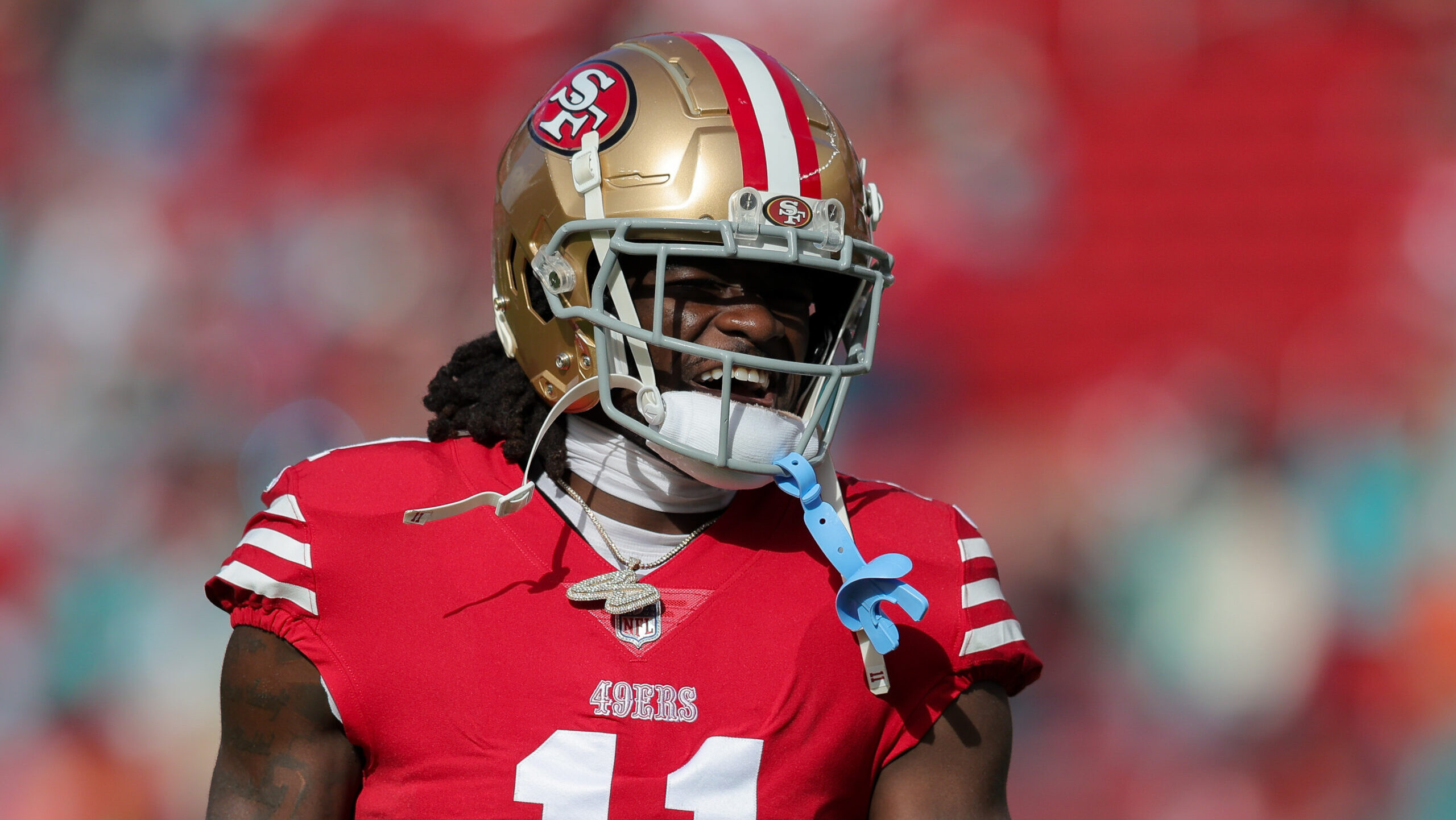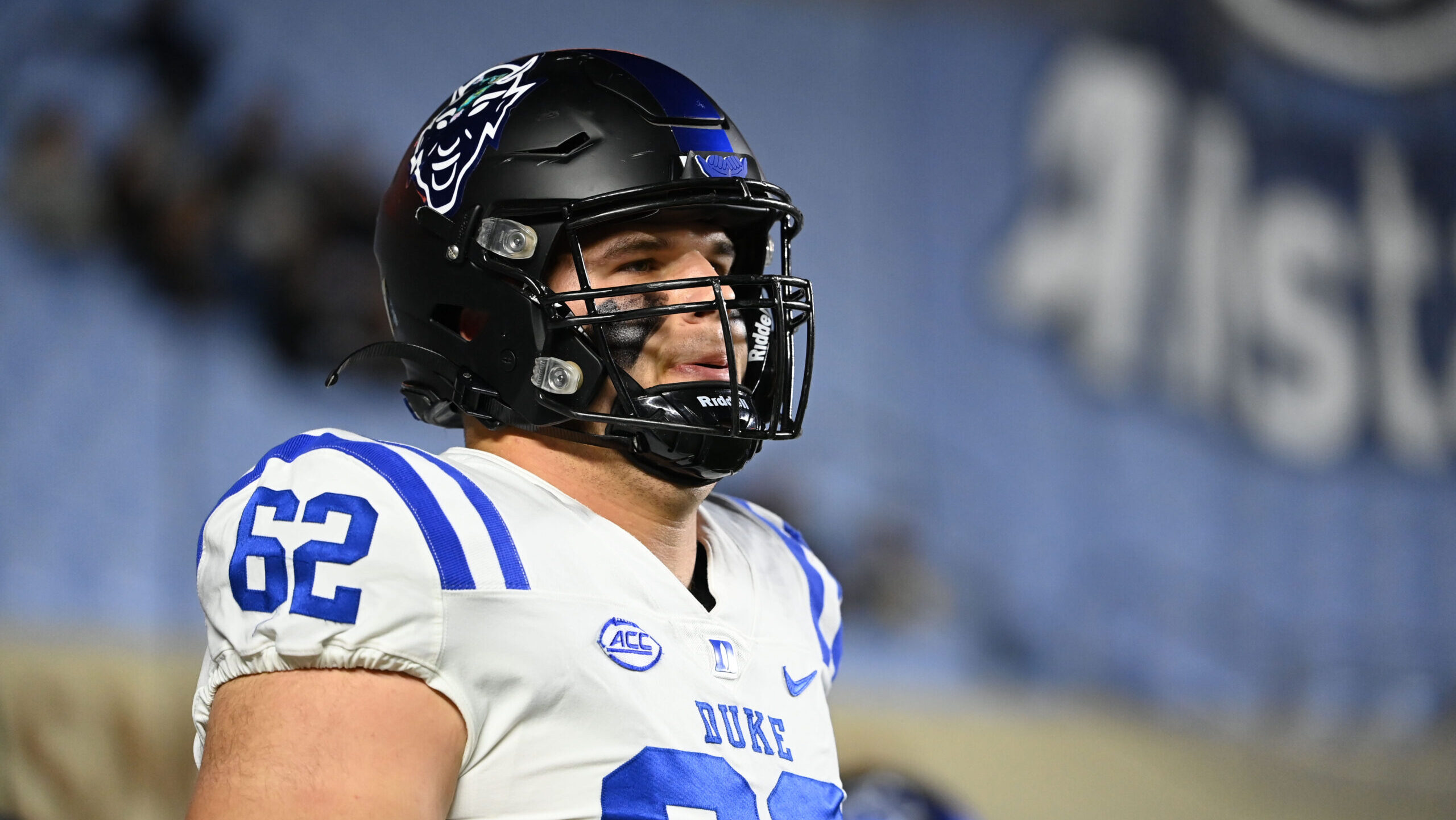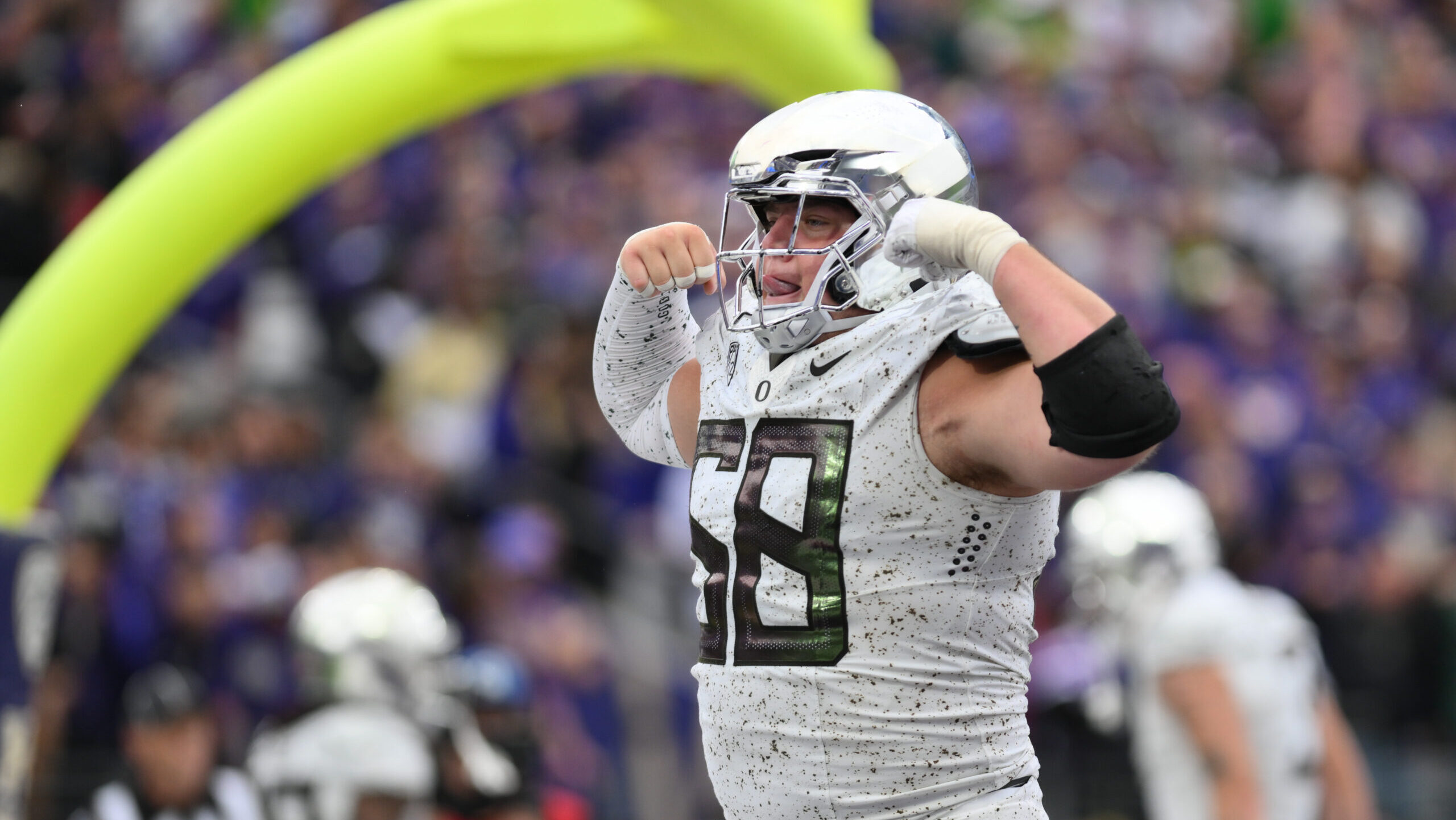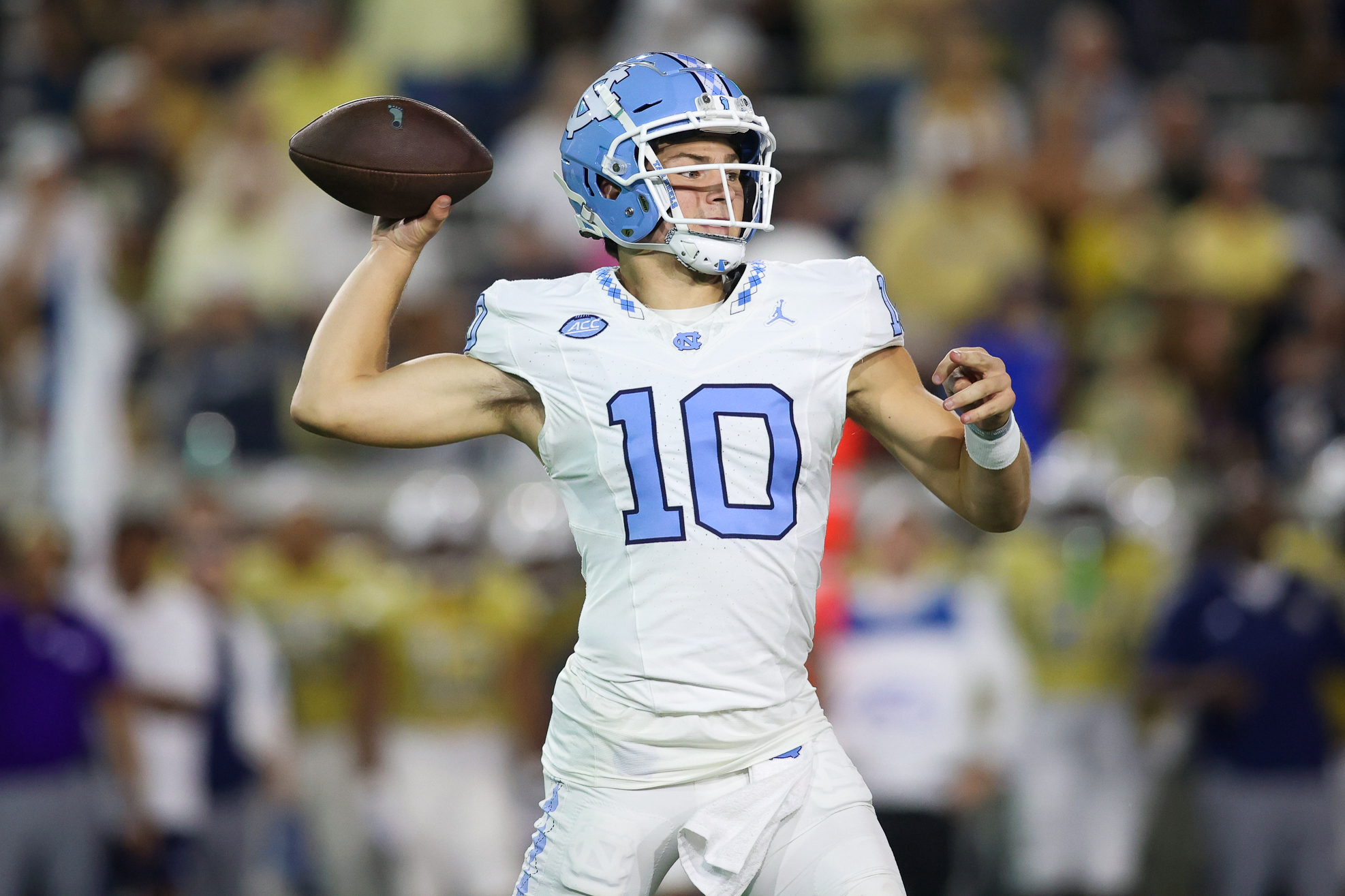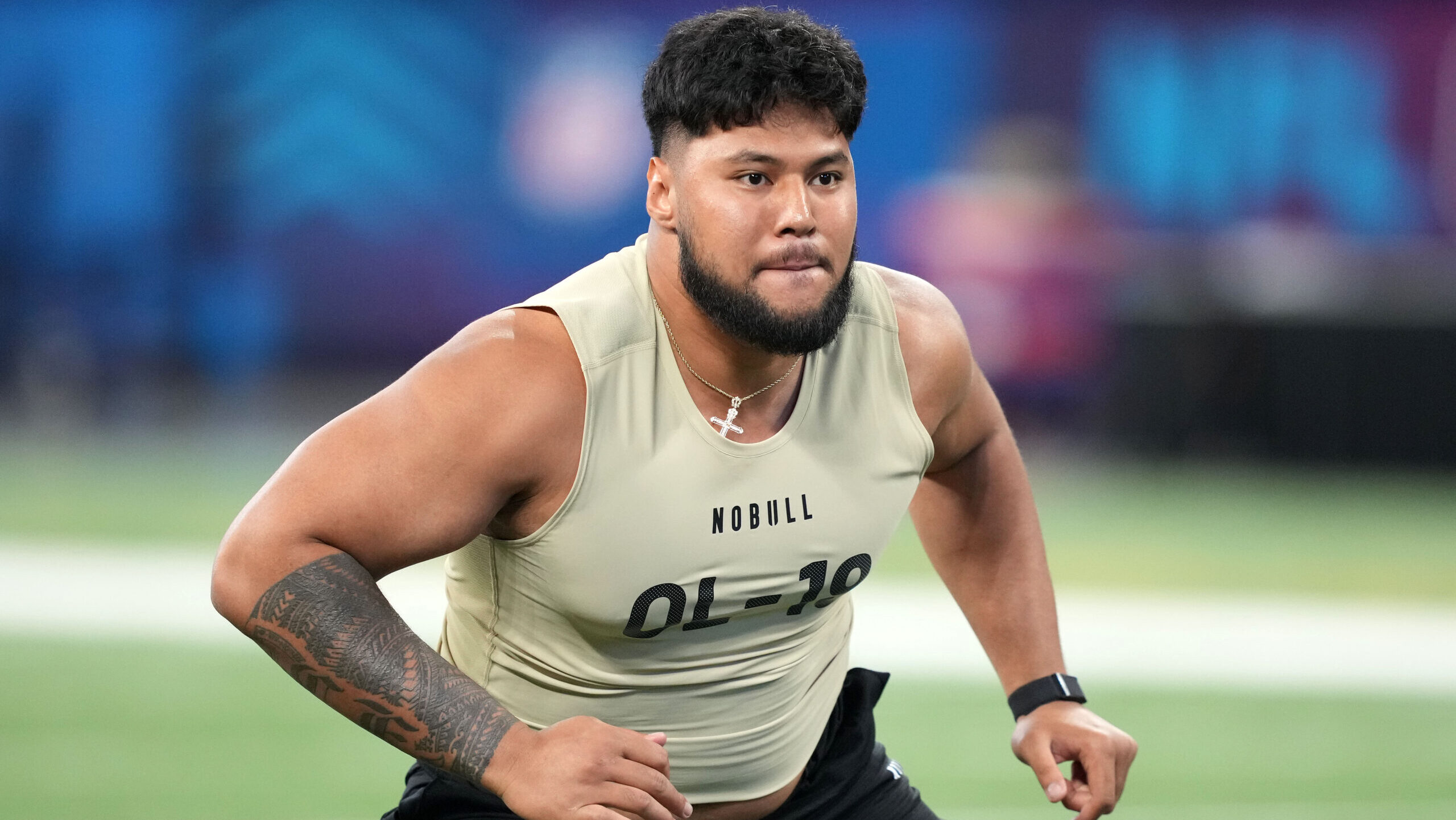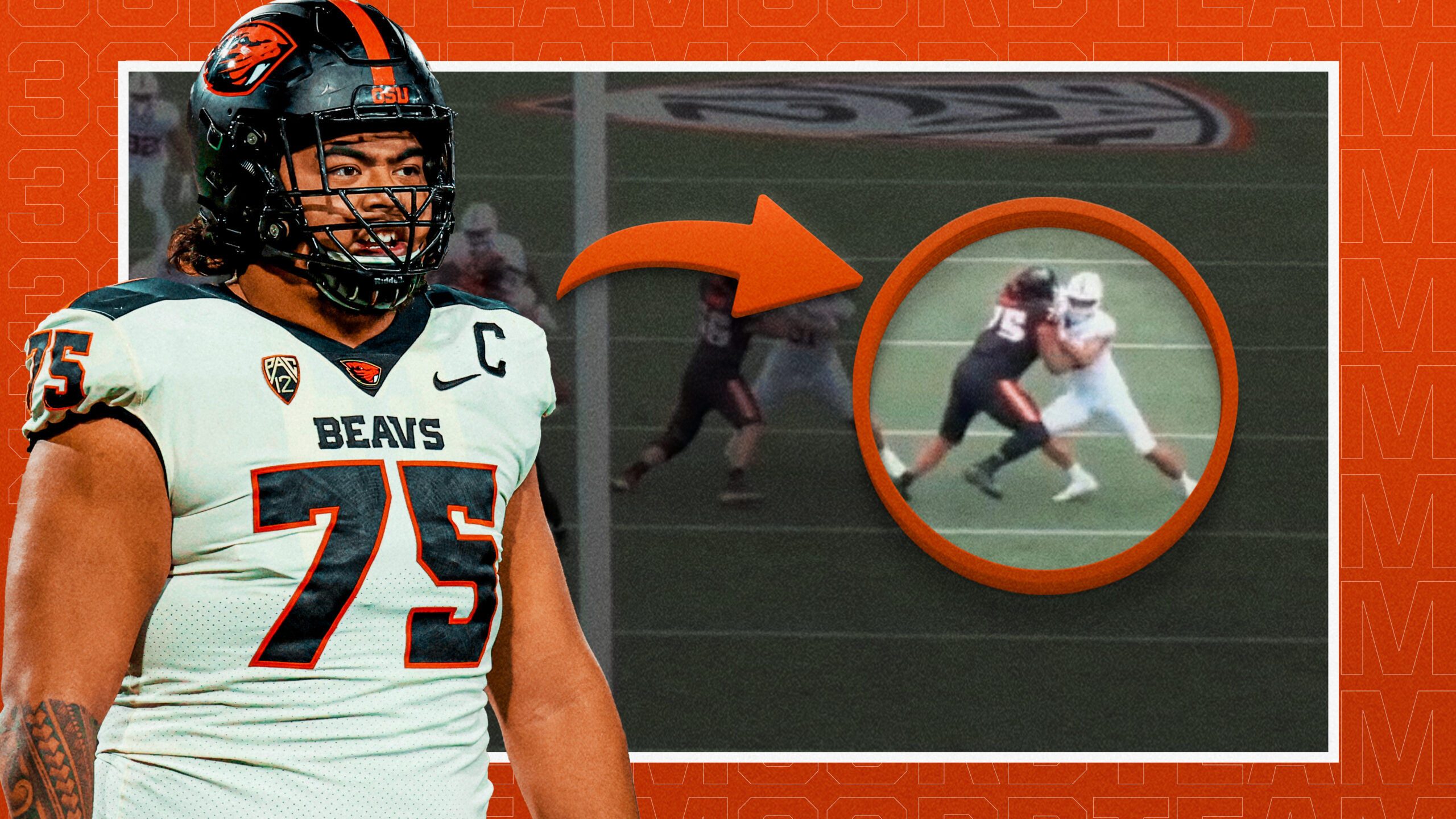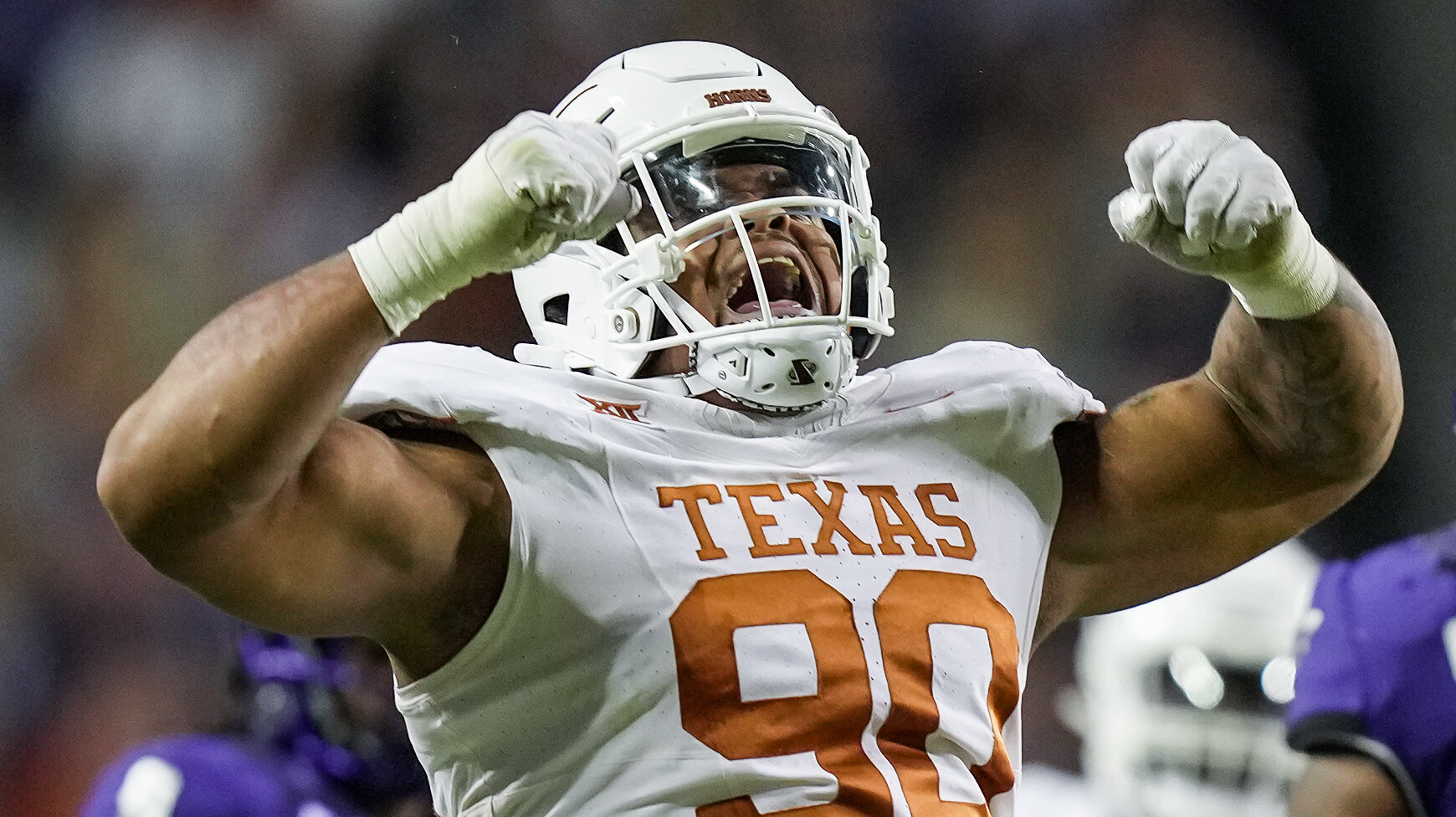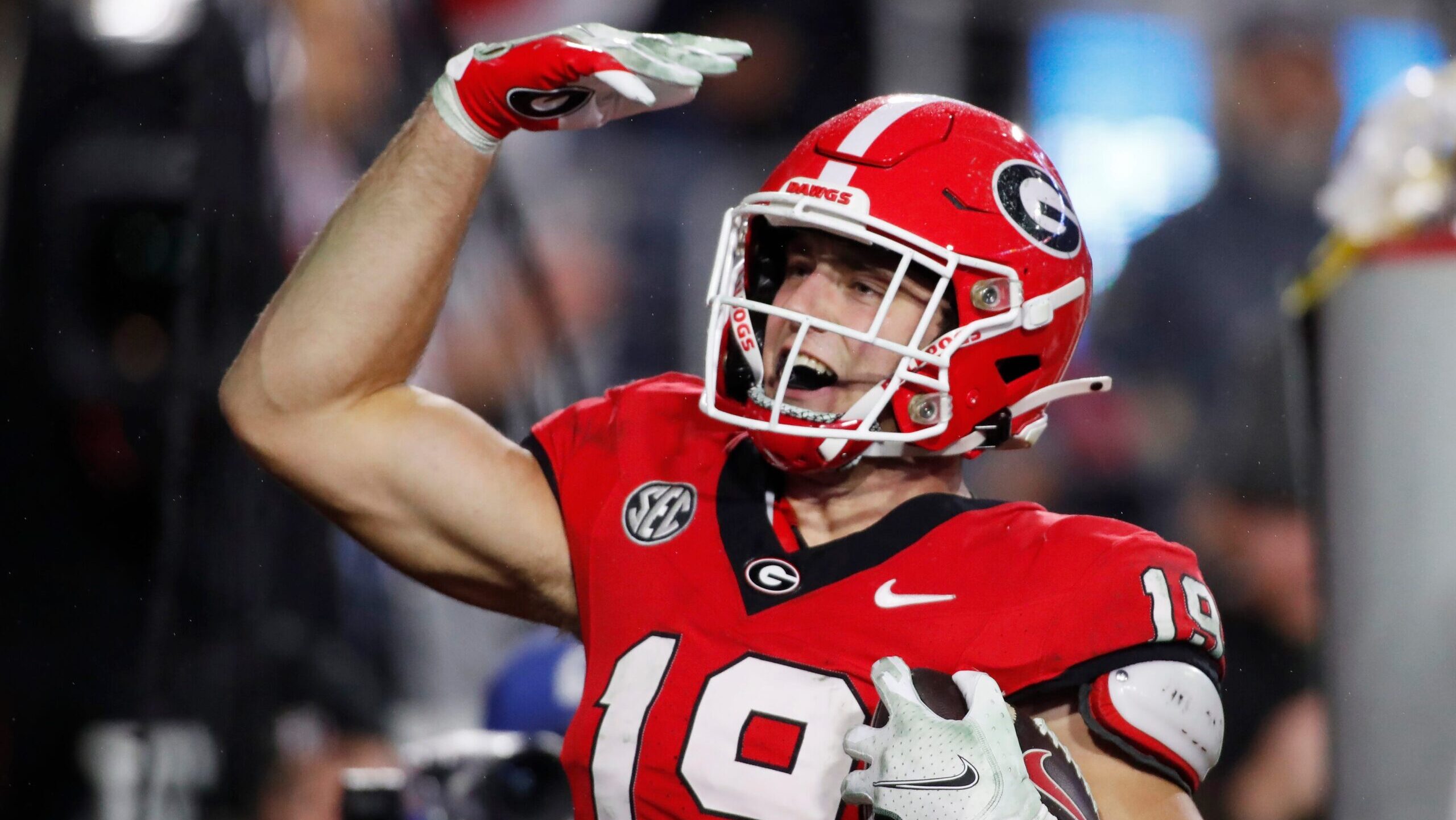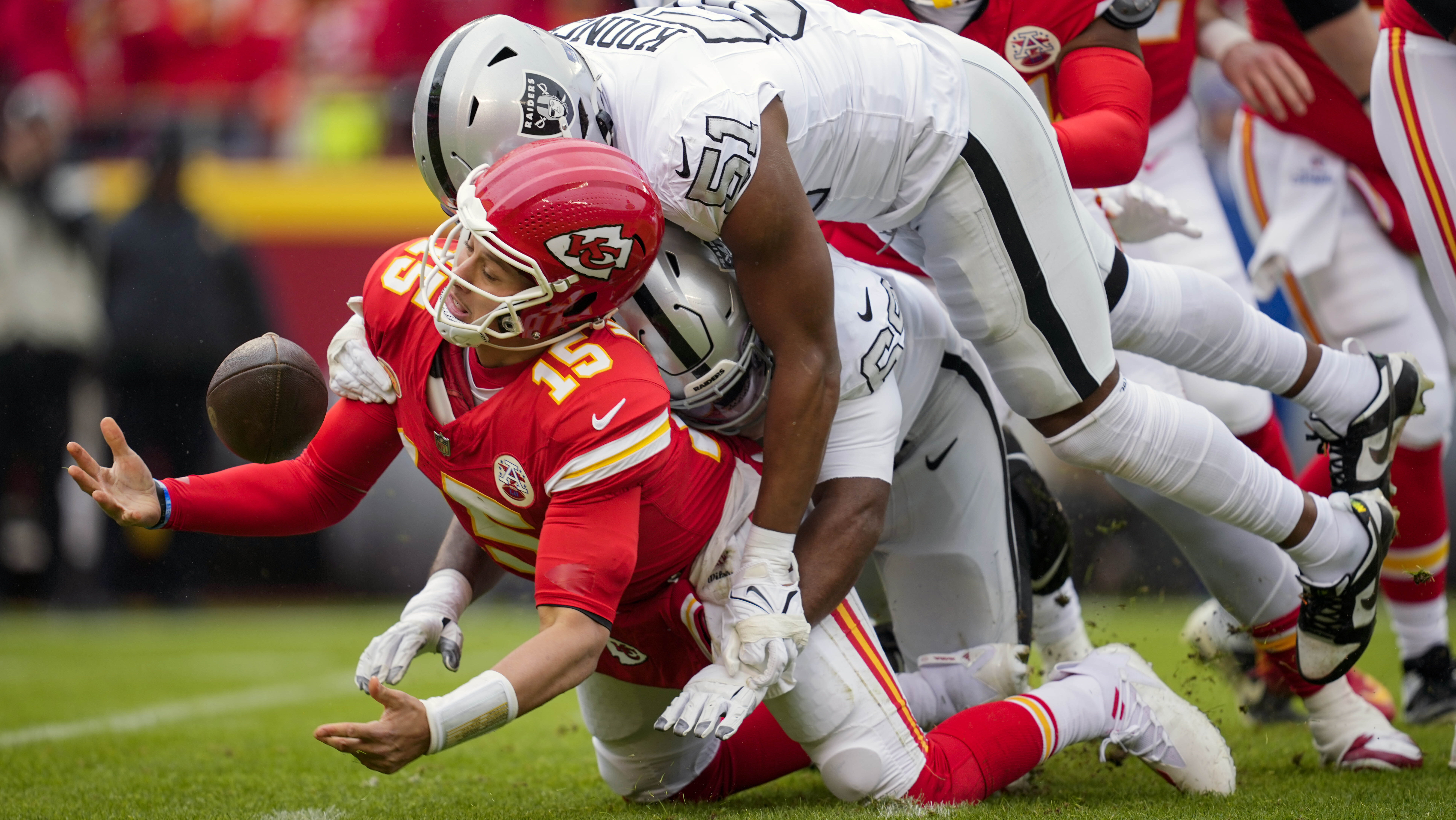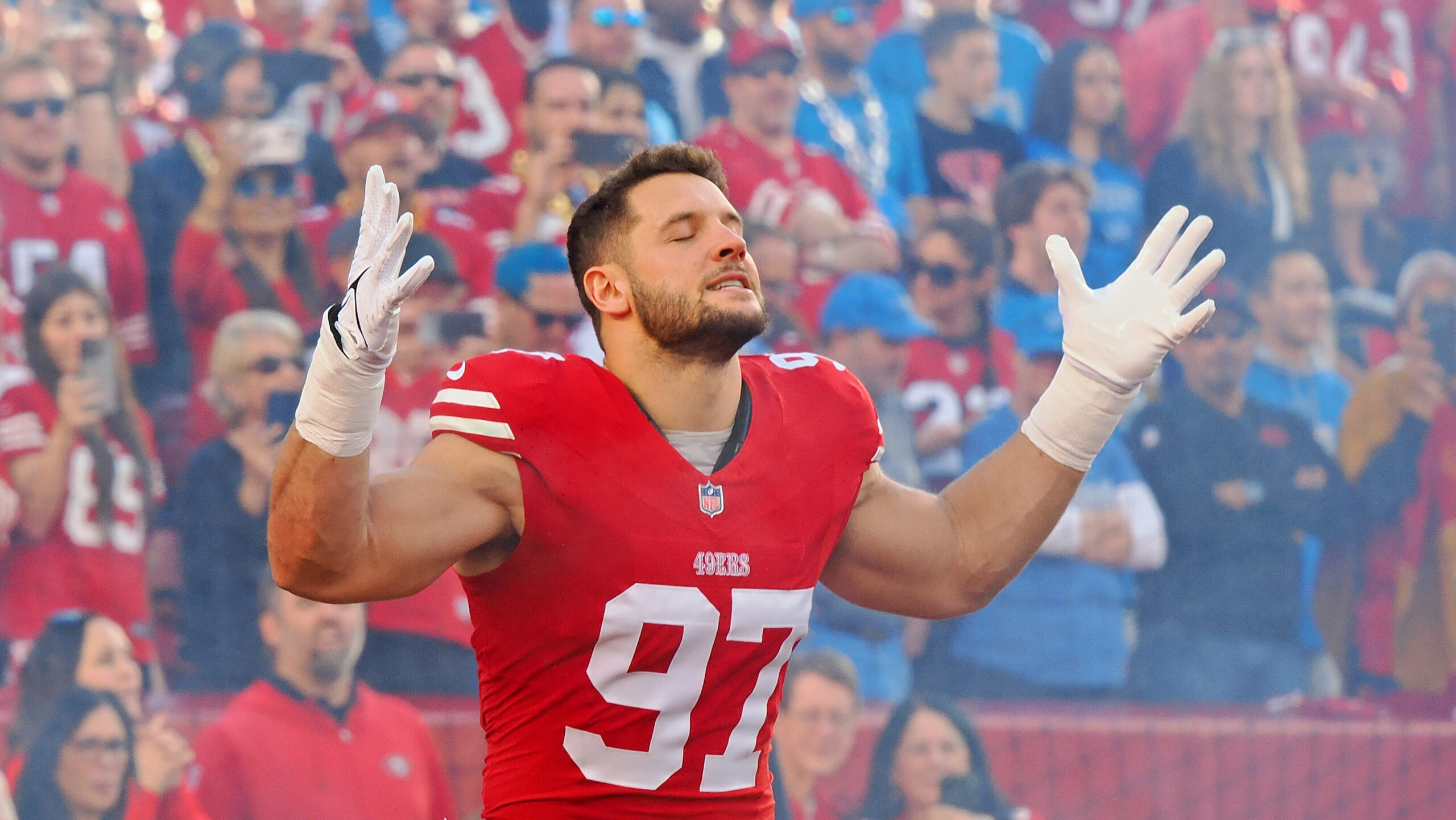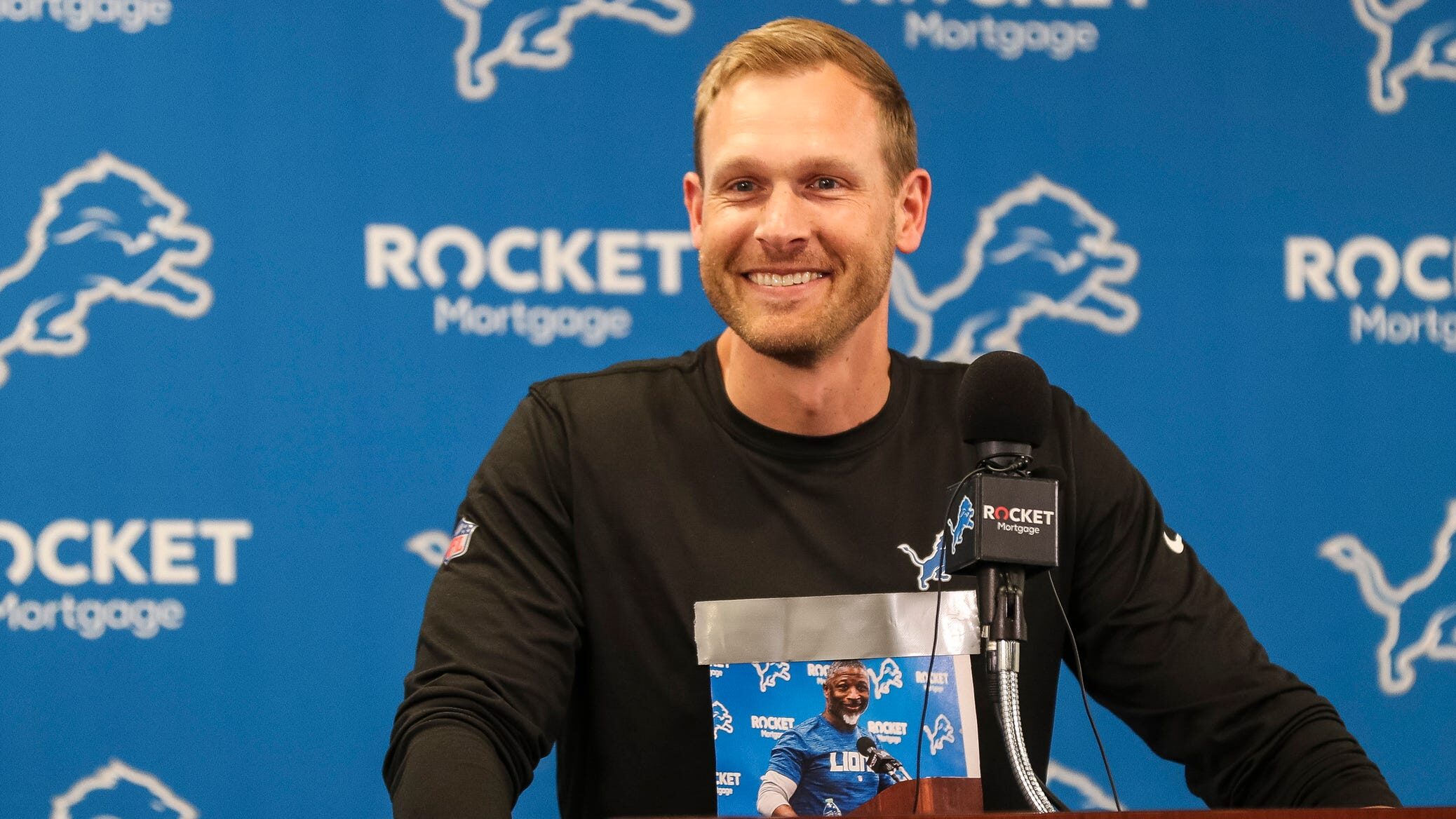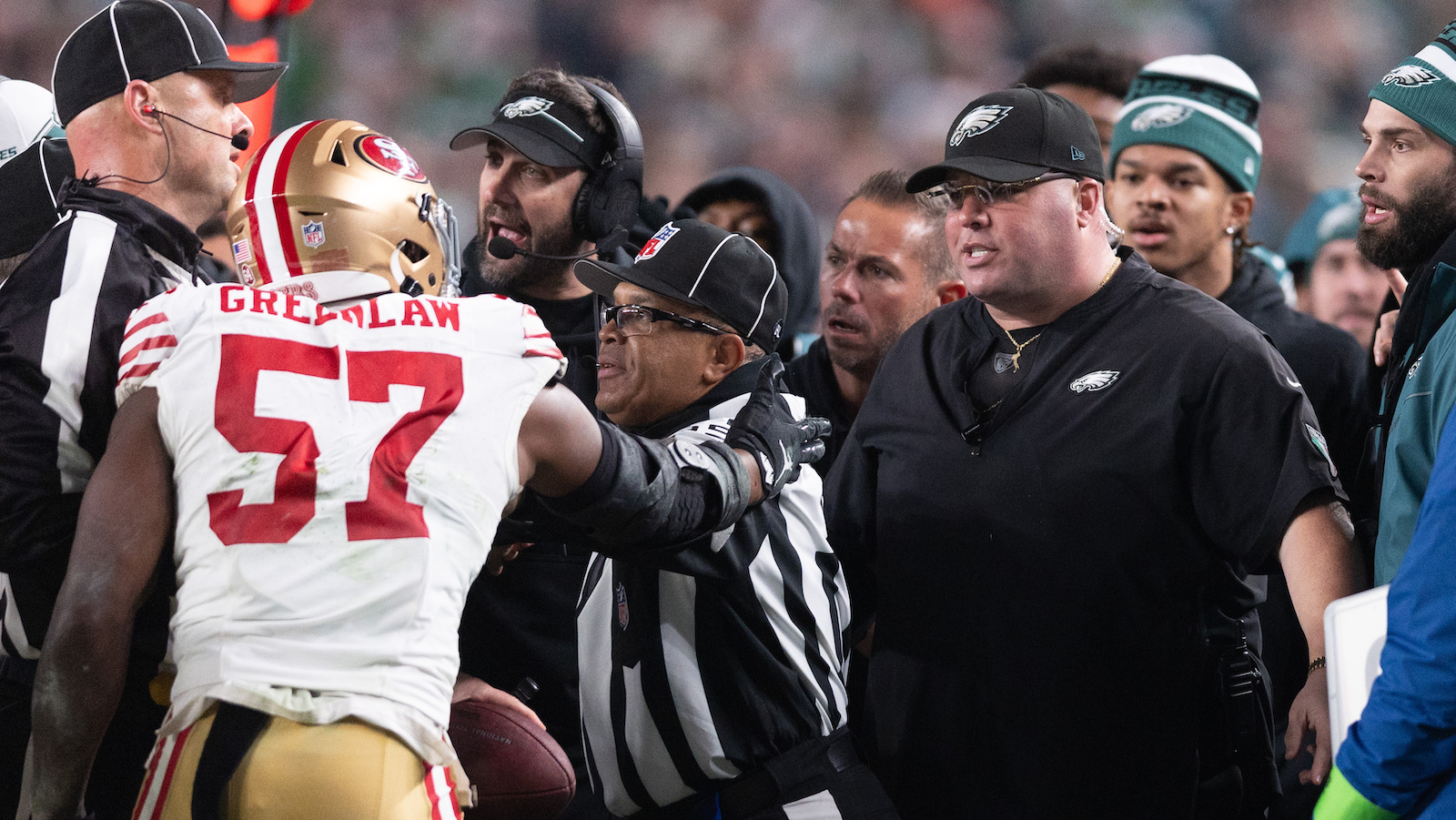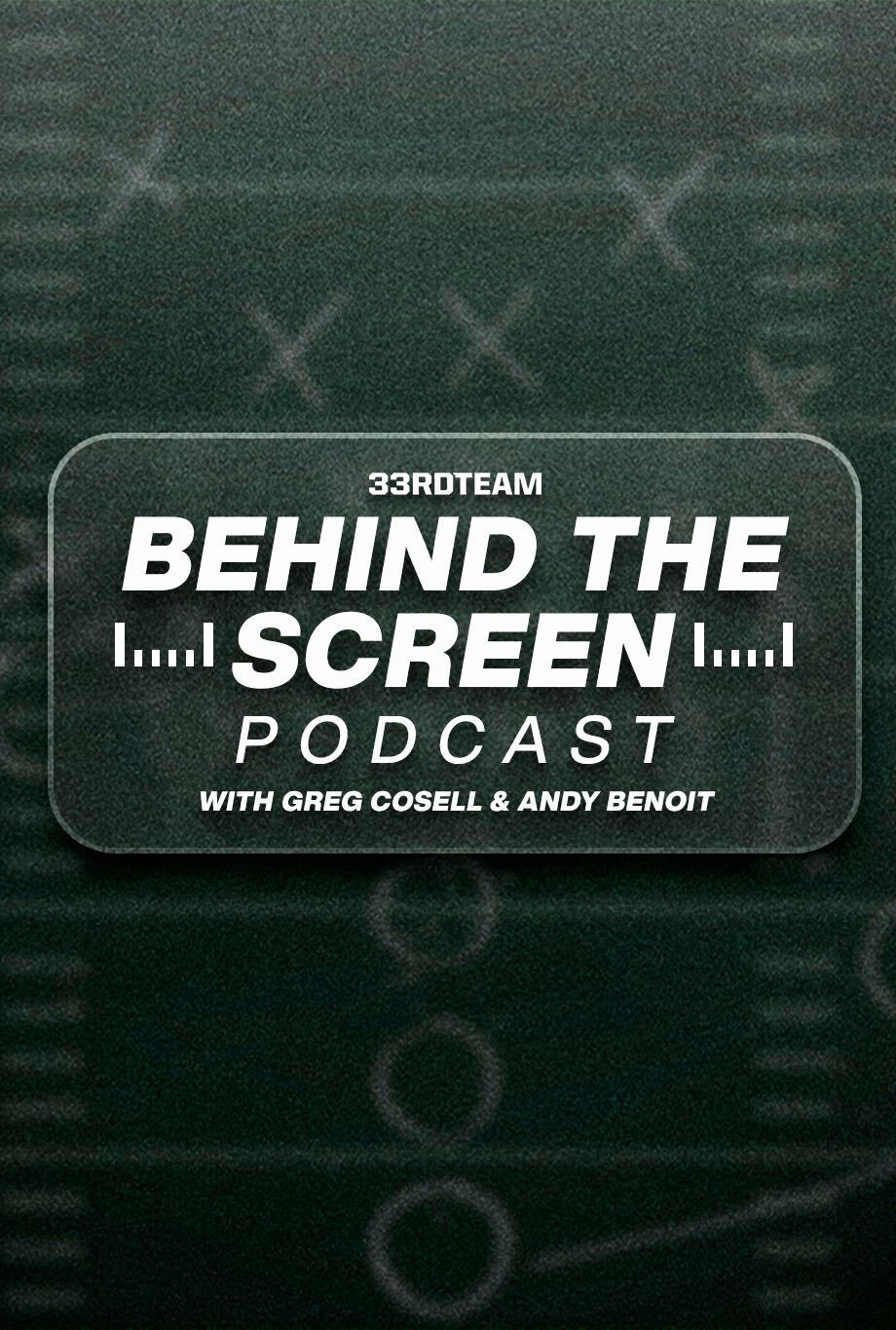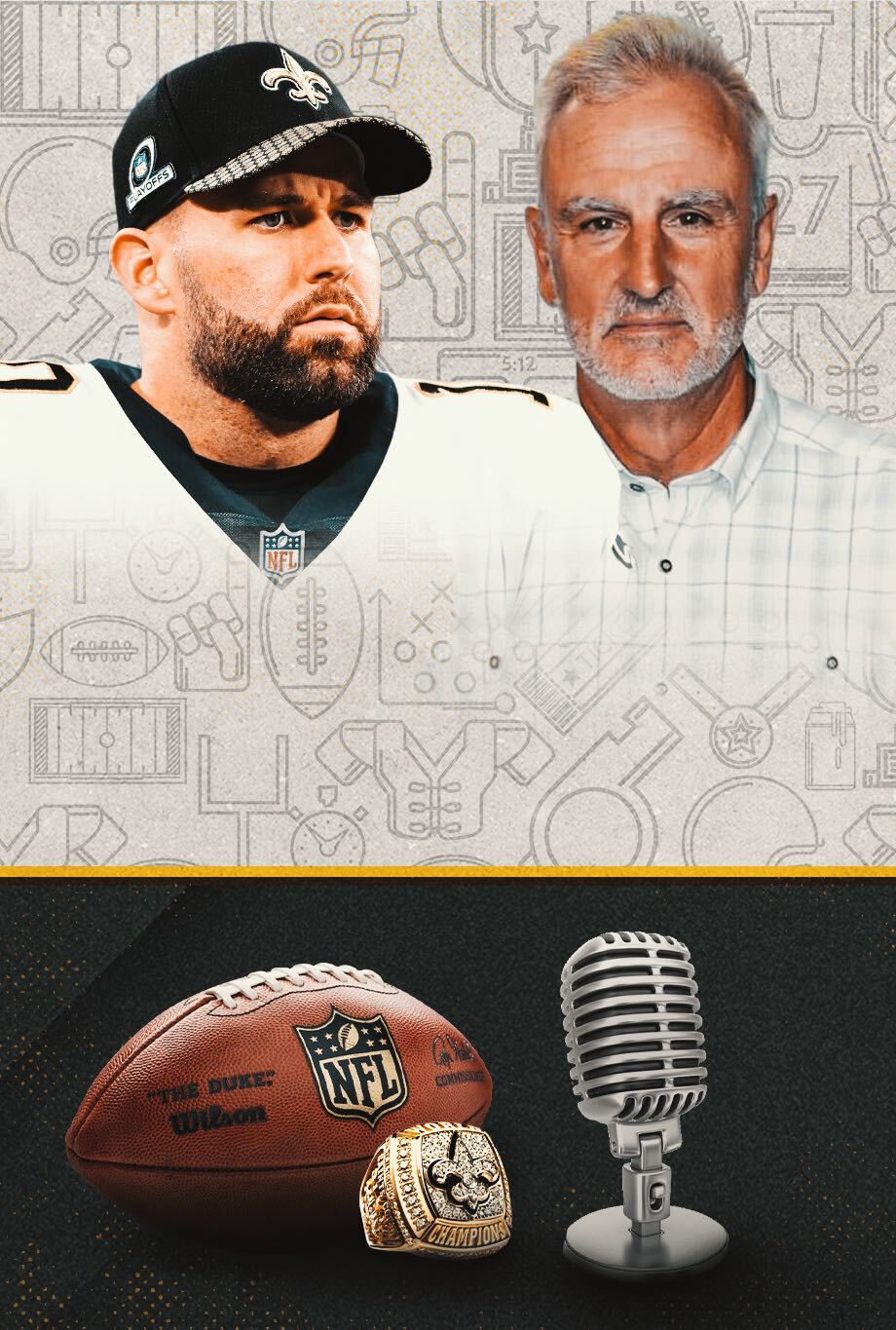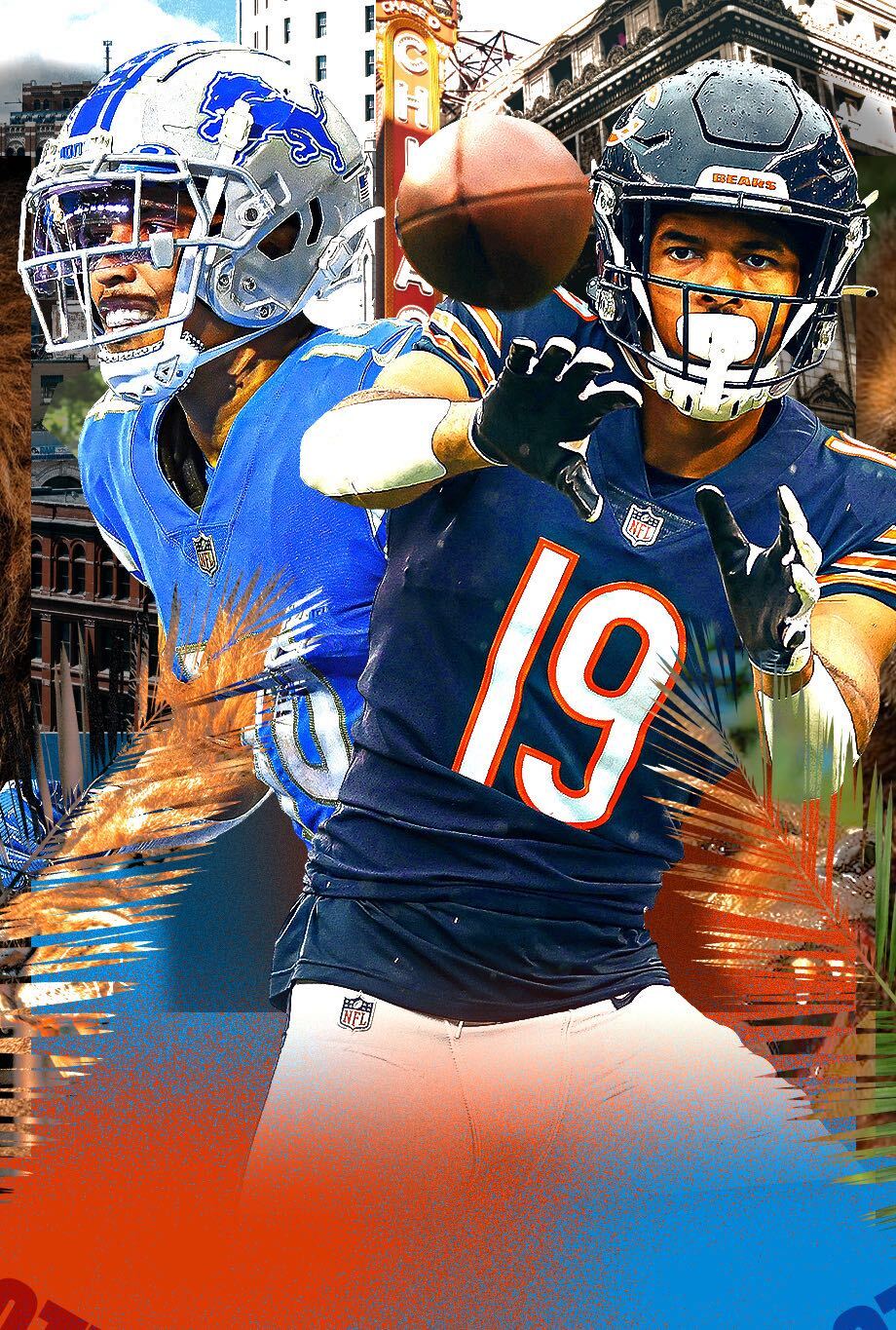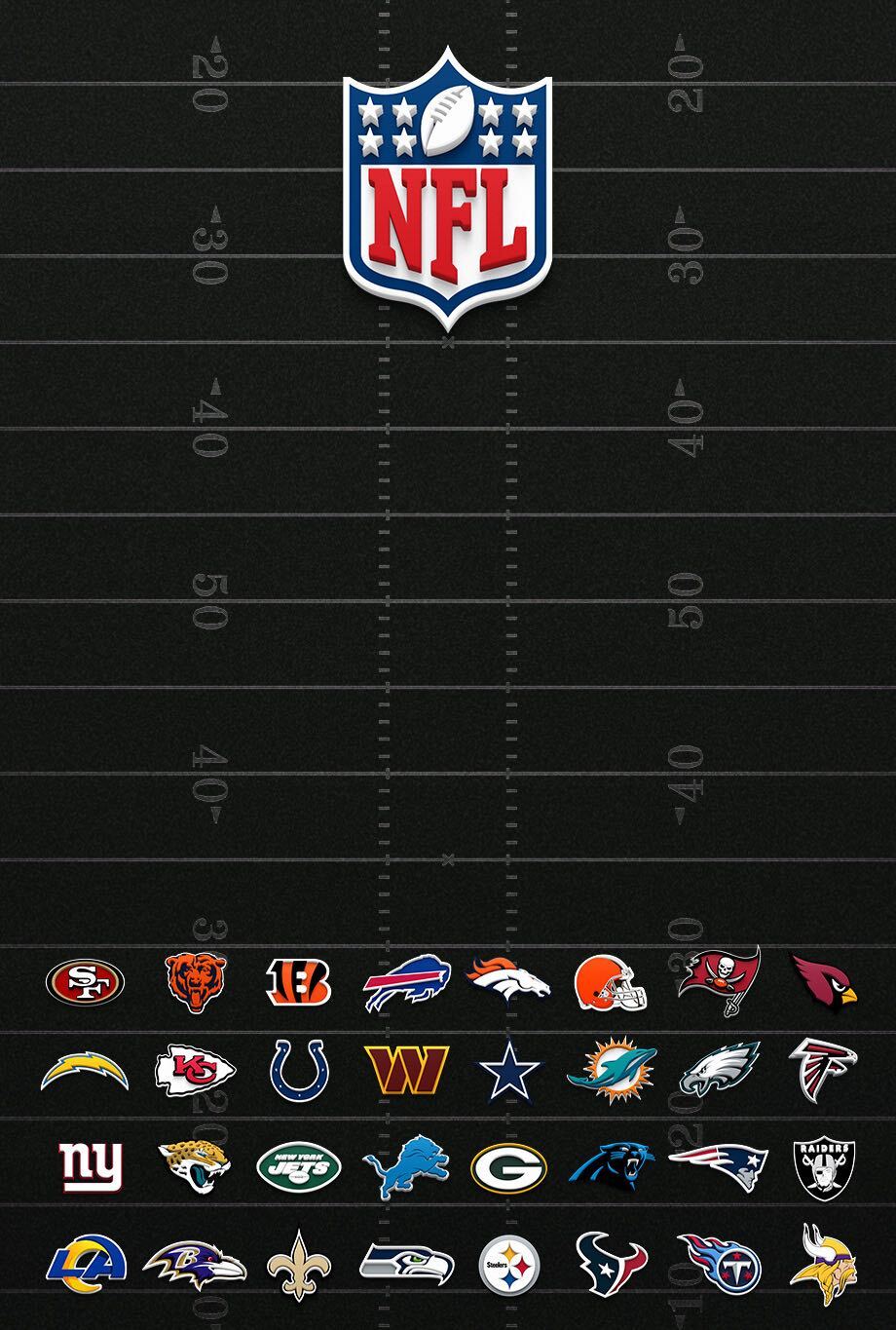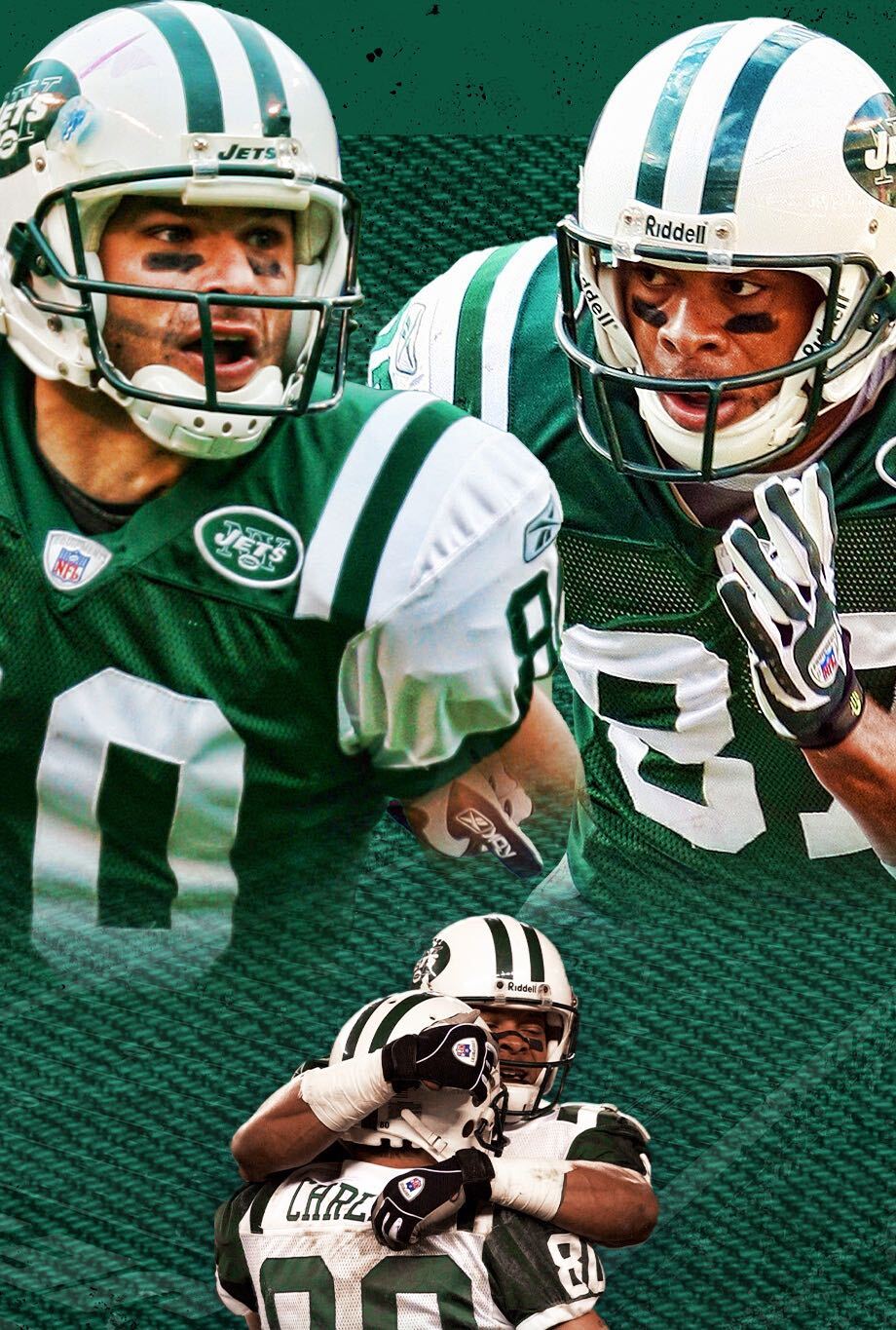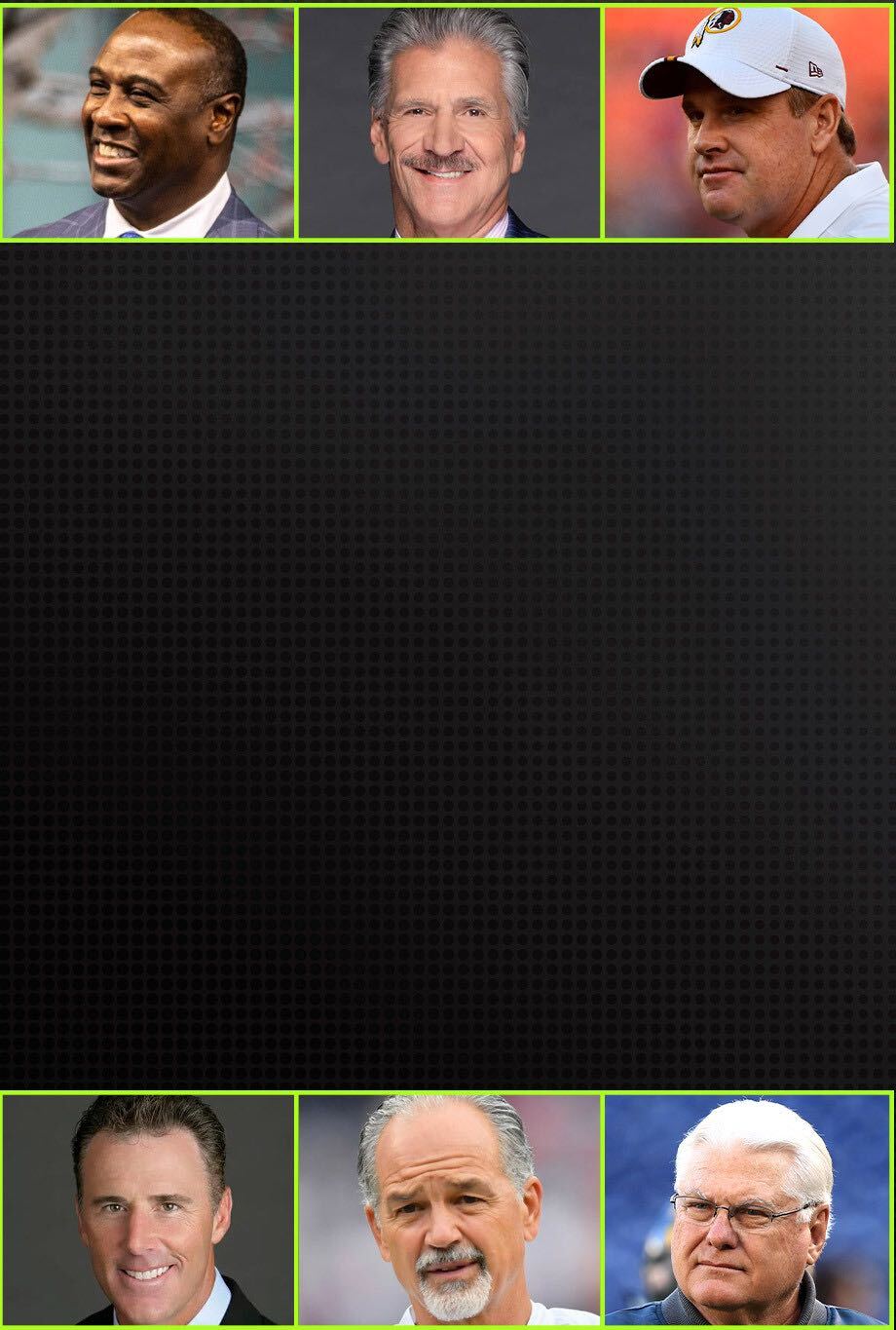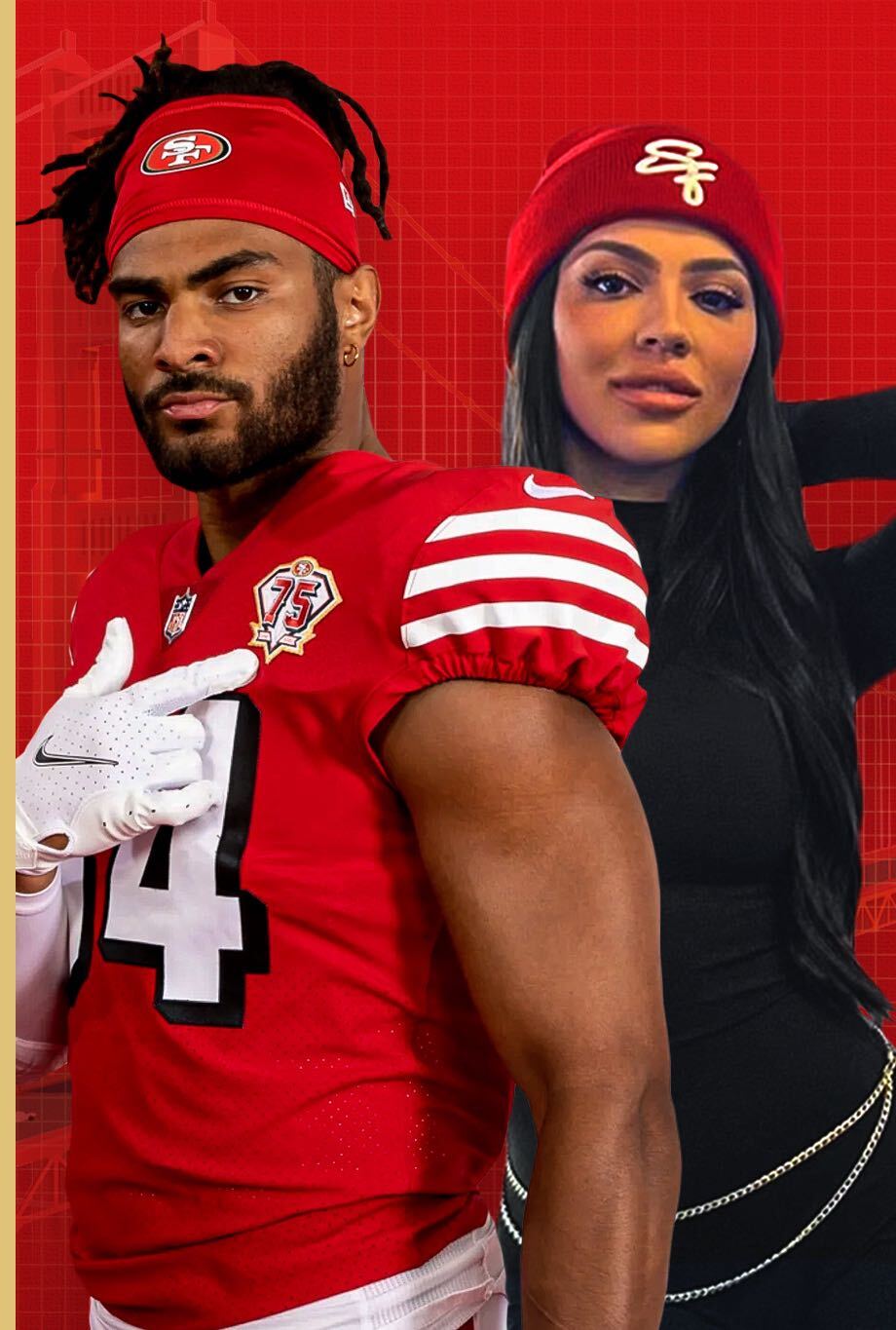2023 NFL Free Agency: Is Derek Carr Answer For QB-Needy Teams?
Analysis 3/1/23
That team is a quarterback away.
We hear it all the time. Whether as a late-season reference to a team that showed many positives but lacked a quality passing game (New York Jets), or an off-season description of a team that otherwise showed potential but fell short at the most critical position in pro sports (Carolina Panthers, New Orleans Saints).
They’re a QB away. Well, I have questions. First, this team is a quarterback away from what? From being competitive? From being a playoff team? Or from winning a Super Bowl?
And second, who is that quarterback?
Let's make it for former Las Vegas Raiders quarterback Derek Carr, one of the most-coveted free agents on the market. Multiple teams should be interested in signing him. He’s piled up nine seasons of starting experience and proven to be highly durable and impressively efficient. At 31, he lands in that sweet spot of QB experience, where he’s a veteran but not yet old.
Carr would be a good addition to most quarterback-needy teams. But how good is he? And what would a team get if it signed him?
For any team kicking the tires on Carr in early March, the process begins with the organization defining who Carr is and the quarterback tier to which he belongs.
Each team would have its own order, but Patrick Mahomes, Joe Burrow and Josh Allen are head of the class. Then you slot in Justin Herbert, Jalen Hurts, Trevor Lawrence and Lamar Jackson to your preference. If you still have Aaron Rodgers in that group, that’s up to you, but his place there is no longer a given.
The next tier is where it gets super interesting because somewhere in it is where you’ll find Carr.
If you're high on him, you'd have him eighth or ninth. If you’re not that sold, he could be as low as 14th or 15th. I see him closer to 10th, on the cusp of the NFL’s top tier. Putting him in that upper echelon wouldn't be accurate, but it would be a slight to say he’s just middle-of-the-pack.
No matter your ranking of him, he would be an upgrade for most teams in the NFL, so let’s start with the good.
>> READ: Matt Cassel's Way-Too-Early QB Power Rankings
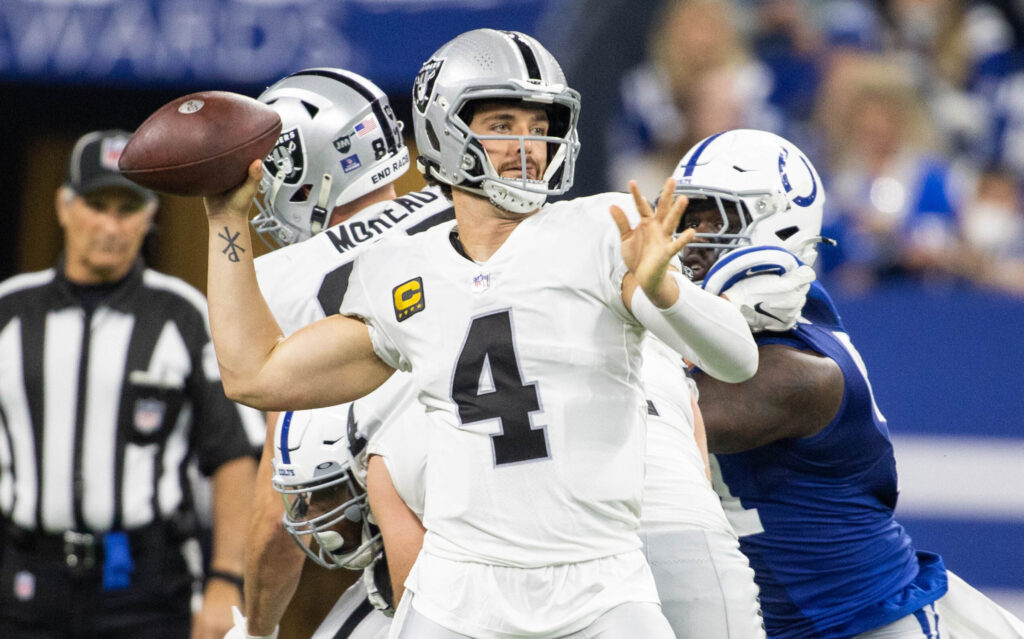
Carr's Strengths
I love his durability. Carr has started 142 of a possible 146 games in nine seasons. That’s A+ work for reliability and toughness — and it shouldn’t be overlooked.
Whichever team signs him can count on him being there every Sunday throughout the season, and that’s a wonderful foundation for belief.
His consistent production also gives any organization reason to believe in him. His career 64.6 percent completion percentage is beyond solid, just like his 217-99 touchdown-to-interception ratio. Those stats, without context, go a lap beyond respectable. They settle in comfortably and keep pace with the QBs in the “really good” lane.
From there, I wanted to distill it down more; attach some personality to his version of quality.
Nine seasons and 142 starts is an extensive body of work. I had to pick out a strategic sample of work, an accurate snapshot of who Carr is.
I focused on what he did from 2018 to 2021 with Jon Gruden as his head coach and Greg Olson as his offensive coordinator. The fit wasn’t there with Josh McDaniels this past season, and he spent much of his early career rotating through defensive head coaches and multiple offensive coordinators. His time with Gruden and Olson was the best indicator of what he could do with consistent messaging and guidance. He had enough experience to leverage it into results.
Carr's Most Important Run (2018-2021)
Which games mattered the most during that time? A four-game run that started in mid-December of 2021, with Las Vegas at 6-7, needing to win all four to have a shot at the playoffs. These were meaningful late-season games where every snap mattered, with no wiggle room for failure.
In the first game against the Cleveland Browns, down 14-13 with 1:50 left, the Raiders got the ball one last time on their 28. Carr completed three passes, the final one a perfectly placed dart to Zay Jones, on the move to his right while evading pressure, for 15 yards to set up a winning field goal.
Two weeks later, in a 23-20 win against the Indianapolis Colts, Carr played his best in the fourth quarter, twice leading drives that gave Las Vegas the lead. During that stretch, one play was a signature-type throw for who he is, and for what a team could look forward to when they make him their future QB.
Down 17-13 on their 33-yard line, Las Vegas had the ball on the left hash. The play called for Jones, lined up as a slot receiver to Carr’s right, to run a deep sail route toward the left sideline, 35 yards downfield. A concept that calls for that kind of route depth, asking a receiver to cross from one side of the field to the other, requires extra protection, along with extra patience and pocket comfort from the quarterback. It also requires touch on a pass that’s somewhere between launched and driven. Carr executed every portion of the play beautifully.
With a tip of the cap to the offensive line for providing a solid pocket, Carr reached the top of his drop and stepped up. Needing more time for Jones to clear, he stepped up again, just as comfortably as he did the first time. He never lost his lower-body balance or upper-body readiness and never put his eyes down. He does this exceptionally well. Carr is at home maneuvering and scanning inside the pocket with chaos around him.
After nimbly moving up five yards from his initial drop, Carr floated a perfect spiral to Jones, letting it go at just the right time with just the right amount of touch, hitting him in stride for 42 yards. The throw was the Raiders’ biggest pass play of the day and led to Carr hitting Hunter Renfrow in the end zone for a go-ahead touchdown.
That was Carr at his best. He was operating with patience and balance within a clean pocket, calling upon his best passing quality — beautiful touch on mid to deep routes — to dial up a big play. His protection made him comfortable, and the route concept showed off his talent.
Carr was solid the following week in an overtime win against the Los Angeles Chargers, limiting the type of mistakes that will cost your team in a one-score game while making enough good decisions and accurate throws to earn the win.
His team needed four straight wins to make the postseason, and Carr navigated the path there, which required long stretches of quality play in each of the four one-score games.
The Drawbacks
If we’re going to highlight the good of what turned out to be a defining stretch of his regular-season career, it’s fair to focus on the moments that prevented it from going further, which shifts focus to those four failed downs at the end of the wild-card loss to the Cincinnati Bengals.
The Bengals led the Raiders, 26-19, in the final minute, and Las Vegas was driving. Carr delivered back-to-back seeds between the numbers, one to Darren Waller and one to Jones to give the Raiders first-and-goal on the 9, with 38 seconds left.
They had no timeouts, so Carr and the Raiders hurried to line up. Yet instead of running a play, Carr spiked the ball, wasting a down. It was highly questionable for either he or the coaching staff — if not both — and a check on the wrong side of the ledger in a big moment.
Second and third down yielded failed shots into the end zone before fourth down fell short, literally and figuratively.
On that fourth-and-goal from the 9, Carr looked left, came back, and threw right late to Jones, who was a yard short of the end zone and working his way back to Carr. The ball was intercepted, though Jones would have been tackled well short of the goal line even if the ball got to him.
That ended what I see as the most significant month of Carr’s nine-year run with the Raiders. It included more positives than negatives, as did his entire tenure with the organization.
Metaphorically speaking, it’s so fitting the final drive in Cincinnati had the Raiders this close to moving into the Divisional Round because I see Carr as this close to belonging in the next tier of the NFL’s top quarterbacks.
What Caliber QB Would an NFL Team Get?
Would a new surrounding cast with more stability, better playmakers and higher-quality defense elevate him into that top group of NFL quarterbacks? Or is he, at 31, the fully developed version of himself: A high-quality quarterback, just a standard deviation away from being elite?
That speculation is part of the offseason fun for us as fans and media members and part of the difficulty for NFL general managers. There’s no right or wrong answer, just hunches on what Carr could do on a better team, in a better situation.
Most of this will just lead to good banter among fans. Some will lead to hours of intense discussion among NFL decision-makers, and one of those decision-makers will set the immediate direction of an NFL franchise.
Whichever team signs Carr, if that team is "a quarterback away" from being a playoff contender, and that QB is Carr, they should get him. He’s your guy. He’s that guy. Sign him and remove the frustration of watching your playoff-caliber team perform without a playoff-caliber quarterback.
This comes with a caveat. I would also temper the expectation that he would somehow lead your team to the conference championship or to the Super Bowl.
It would be a significant surprise if a quarterback not named Mahomes, Hurts, Burrow or Allen hoisted the Lombardi Trophy next February in Vegas. That’s not a slight to Carr and the rest of the outstanding quarterbacks in the league; it’s just the reality of the NFL right now.
Paul Burmeister, a former starting quarterback at Iowa, is a studio host with NBC Sports and the radio voice of Notre Dame Football. For a decade he worked as a studio host at NFL Network. Follow him on Twitter at @PaulWBurmeister.
